30 Days To Writing Better.
Honing your writing is essential if you are a full-time novelist. It’s also important if you’re not.
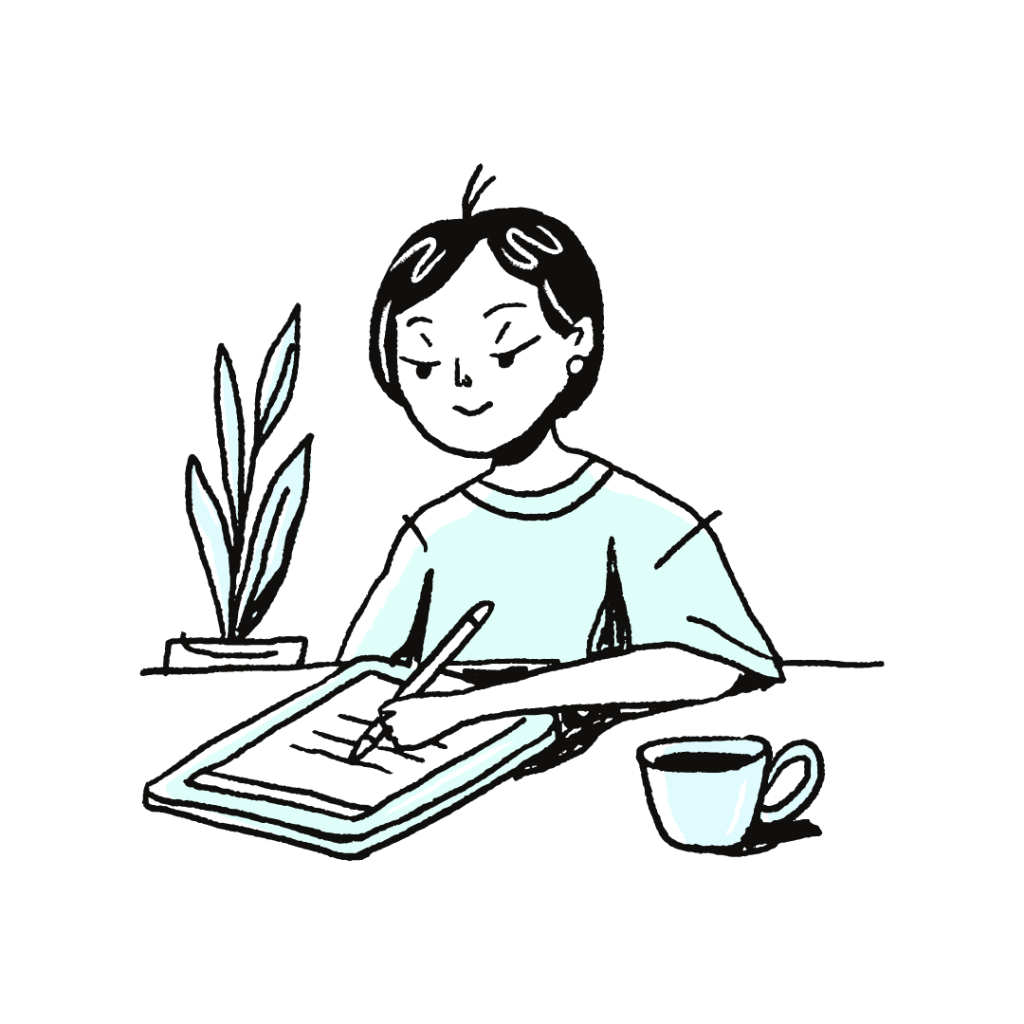
-

Try things you’re writing about.
Get an idea of what it feels like to be the customer, before endeavouring to influence them.
-

Placebo words.
In writing, they’re unnecessary, imprecise and show the reader that you didn’t put in enough energy editing your work.
-

Repetition, not redundancy.
How do you write about the same few ideas over and over without feeling like a broken record?
-

Your words know what you’re feeling.
If you’re not confident in your writing, your words will betray you. Here’s how you can overcome that.
Read more — about Your words know what you’re feeling.
-
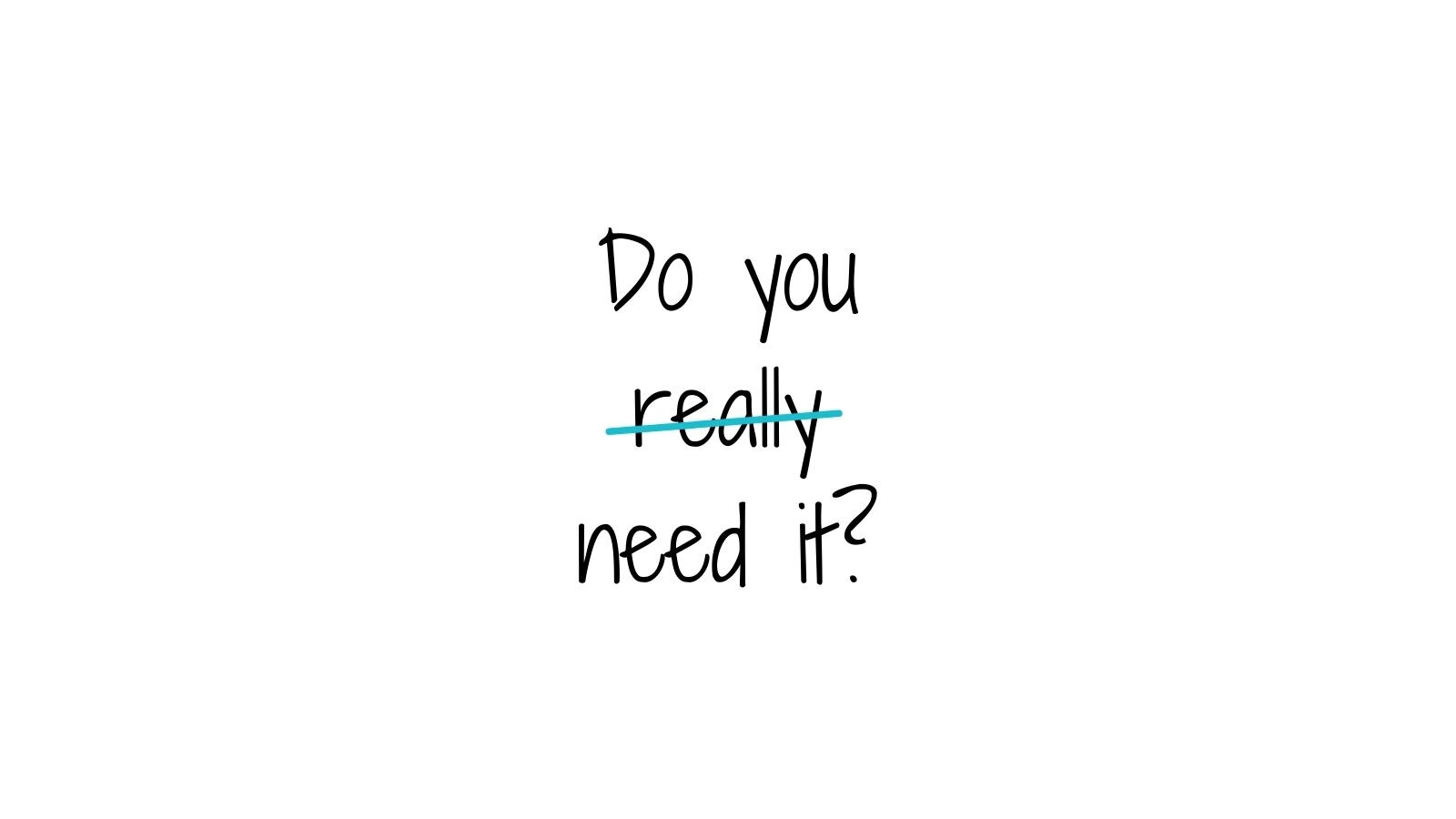
Don’t use words you don’t need.
We often use hyperbolic language for dramatic flair in speech. In writing, it can have the opposite effect.
-
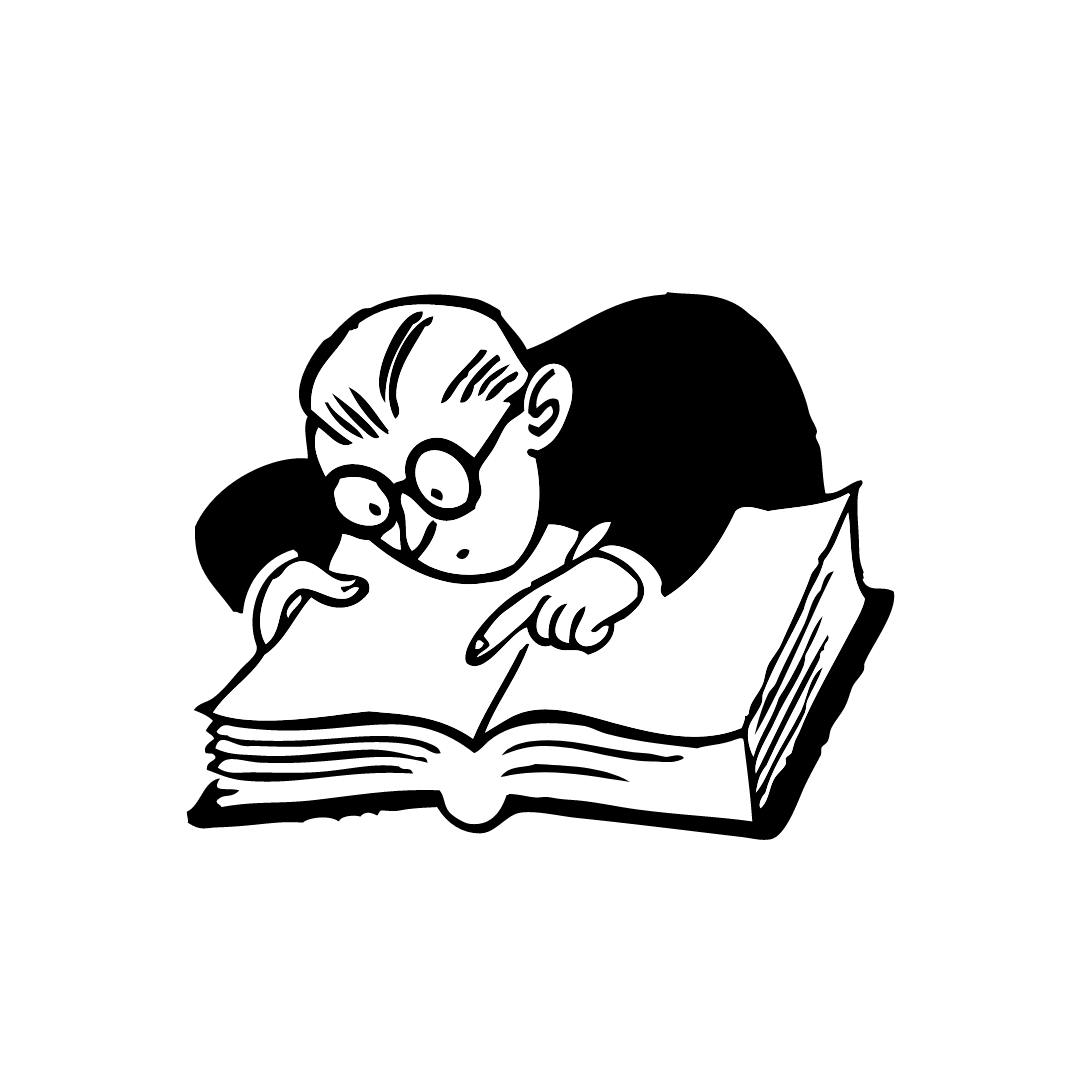
Checking your source.
A lot of writers use stats, findings and quotes in their articles. How do you make sure they’re legit?
-

How to give feedback to a writer.
Giving and taking feedback on creative work can be difficult. Here’s a simple trick to make it more seamless.
-
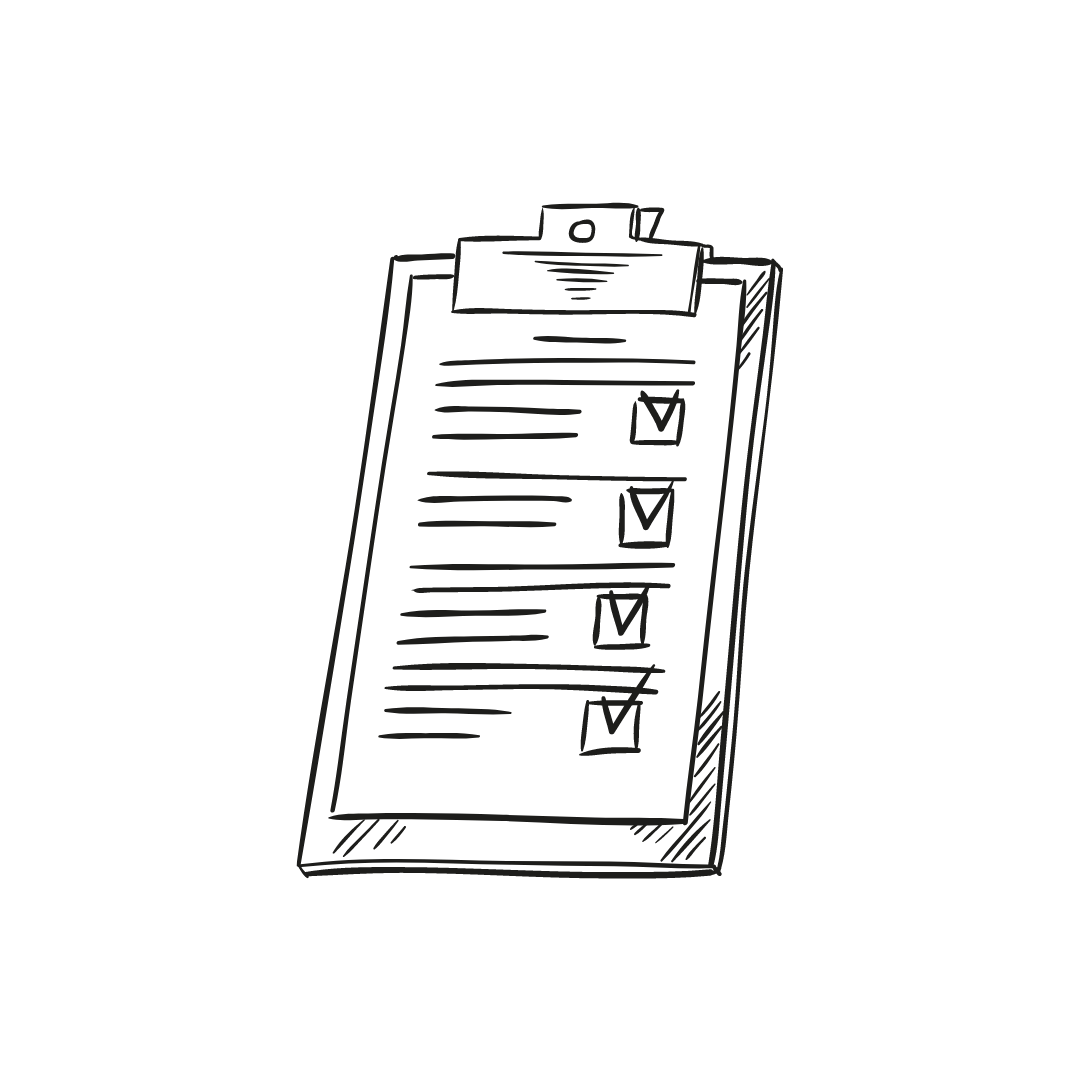
You need a quality control checklist.
Every writer needs a personal quality control checklist. Here’s how you can build yours.
-

Saying no to money.
Misconceptions that freelancers need to clear about ‘deserving’ payments.
-

Make your documents look good.
It’s good when design and content go hand in hand
-

You don’t always need to begin at the beginning.
Not all stories start with ‘once upon a time’
Read more — about You don’t always need to begin at the beginning.
-

Don’t fear repetition.
Sometimes, saying something again and again and again can be a good thing.
-

I don’t have a writing ritual. Do you?
Apparently, it’s common for desperate writers — like me — to hope that if they knew how their favourites did it, they’ll be able to replicate the magic too too.
Read more — about I don’t have a writing ritual. Do you?
-

Do you have a writing goal?
It seemed rather unsavoury. Unless.
-

Leave passive voice to the politicians.
So, the lesson is: If you must use passive voice, do so deliberately and sparingly.
-
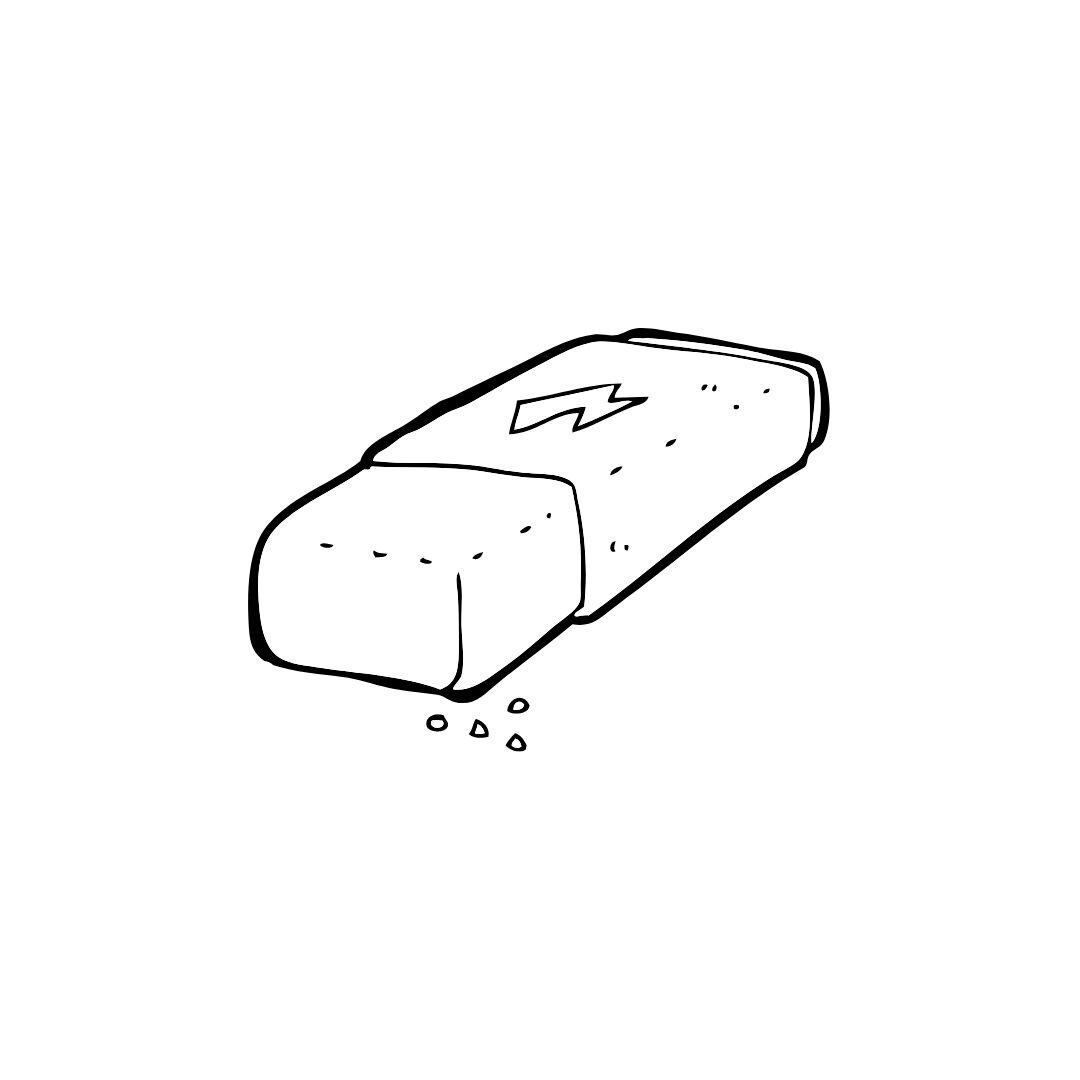
Kill the generic lede.
Use a unique one to draw your reader in.
-

Write case studies.
It’s a different and detailed way of presenting your best work.
-
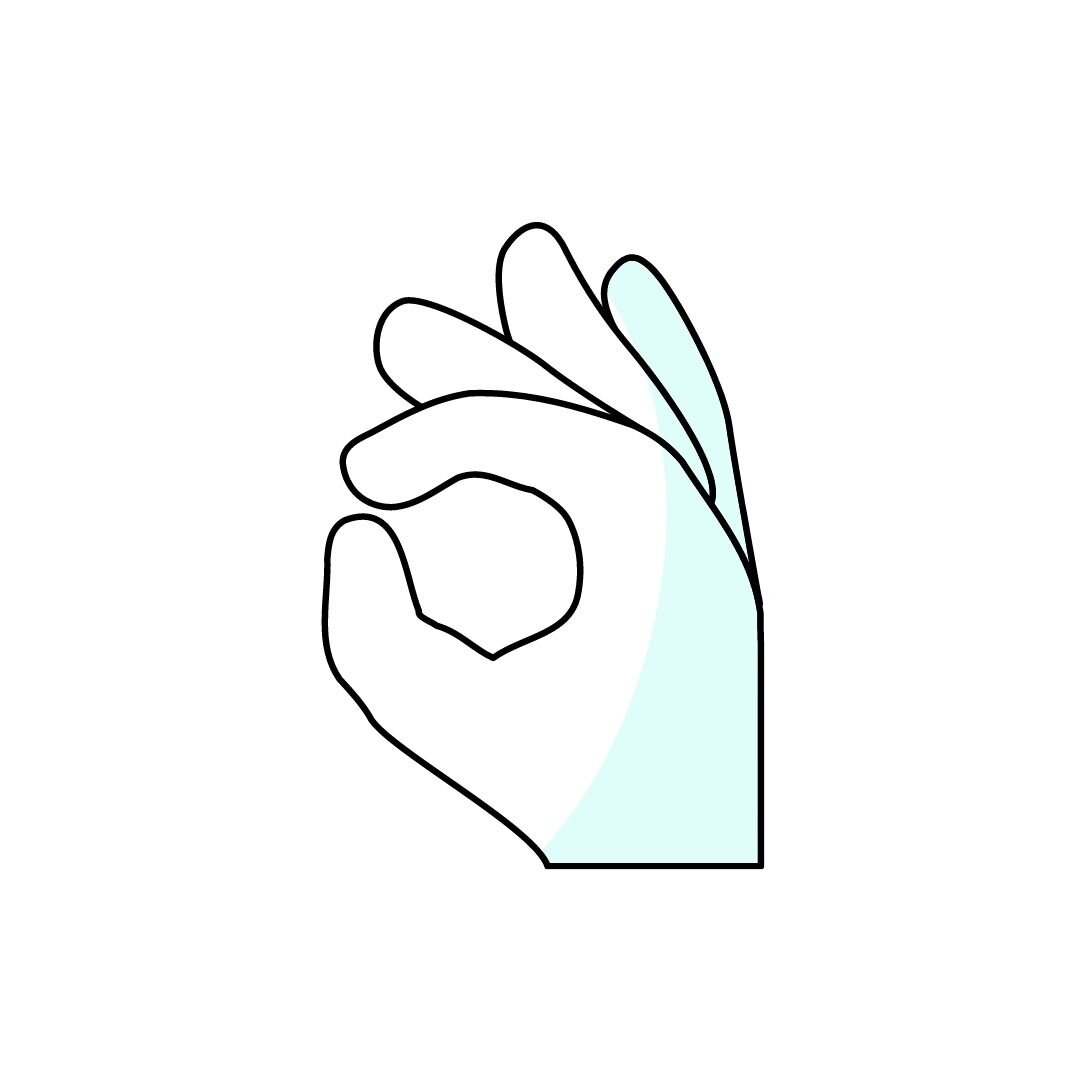
3 rules to be better organised.
Figure out permanent places, boundaries and backup for everything.
-

Do you know to use document styles on your word processor?
The moment you get a new laptop or install a word processor, set up your document styles. Make sure you love them. Save time forever.
Read more — about Do you know to use document styles on your word processor?
-
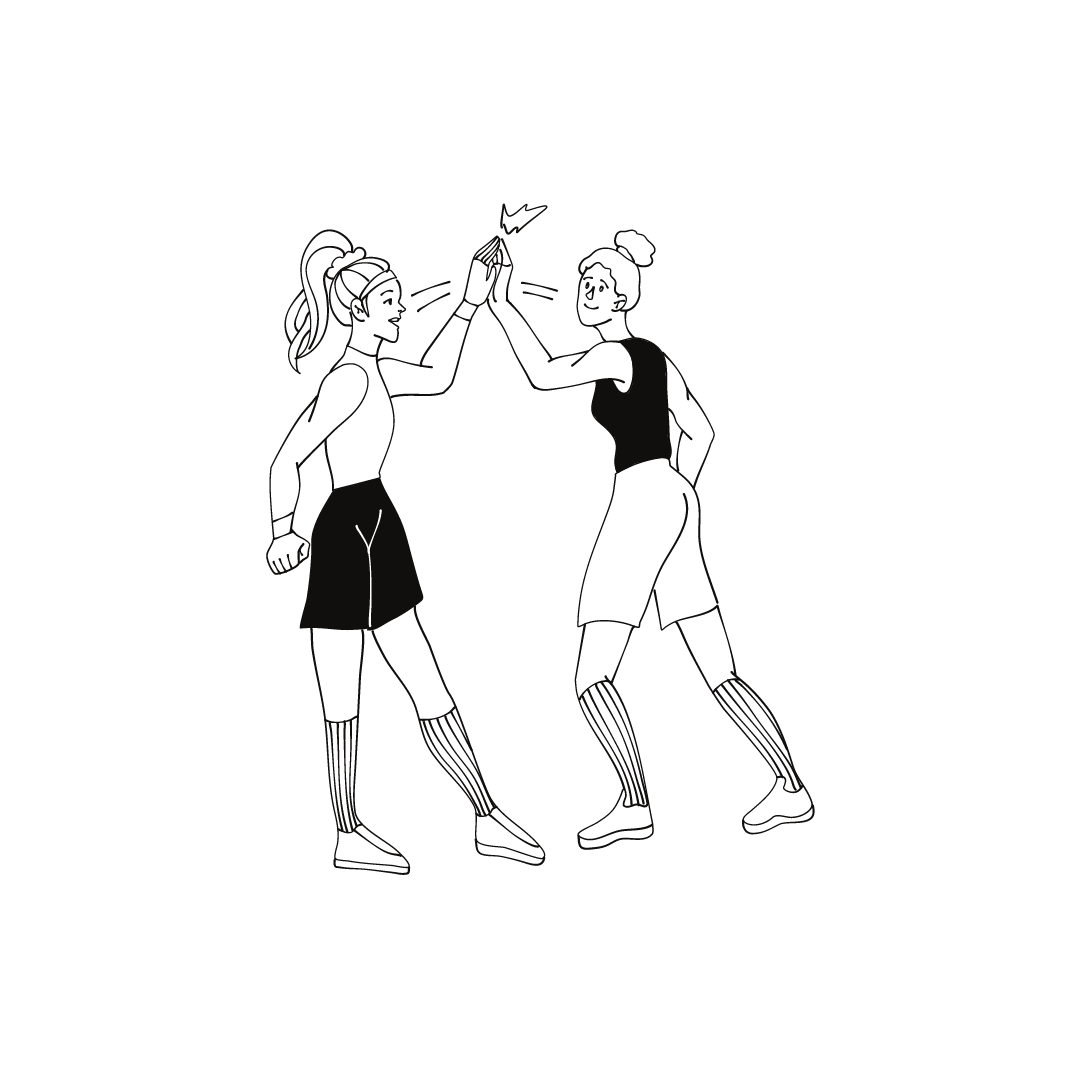
Brainstorm like Tina Fey does improv.
Live and let (your ideas also) live.
-

How does one get into freelance writing?
Just do the work. Send pitches, apply to gigs, leverage your network. Don’t fuss too much about the *right* way to start.
-

How to pitch a story.
Or, how to help your idea grab the boss’s attention.
-

How to write an explainer.
An explainer should leave your reader brighter by a point or two.
-

Writing for an audience.
Where persuasion matters more than proving a point.
-
Write to understand.
Do you know why you write?
-
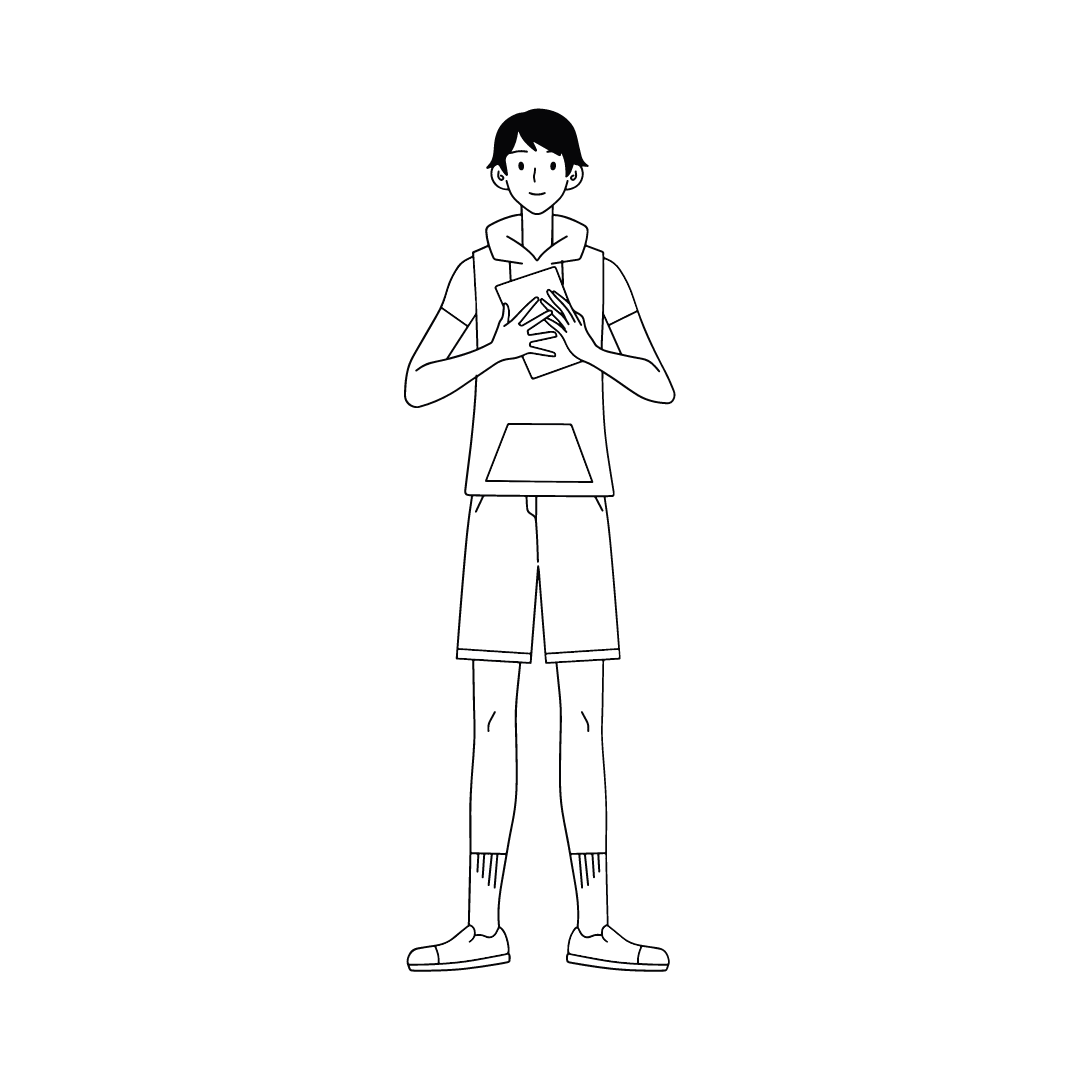
Dear sir / madam, please don’t hire me.
Avoid job application goof-ups that make employers cringe
-
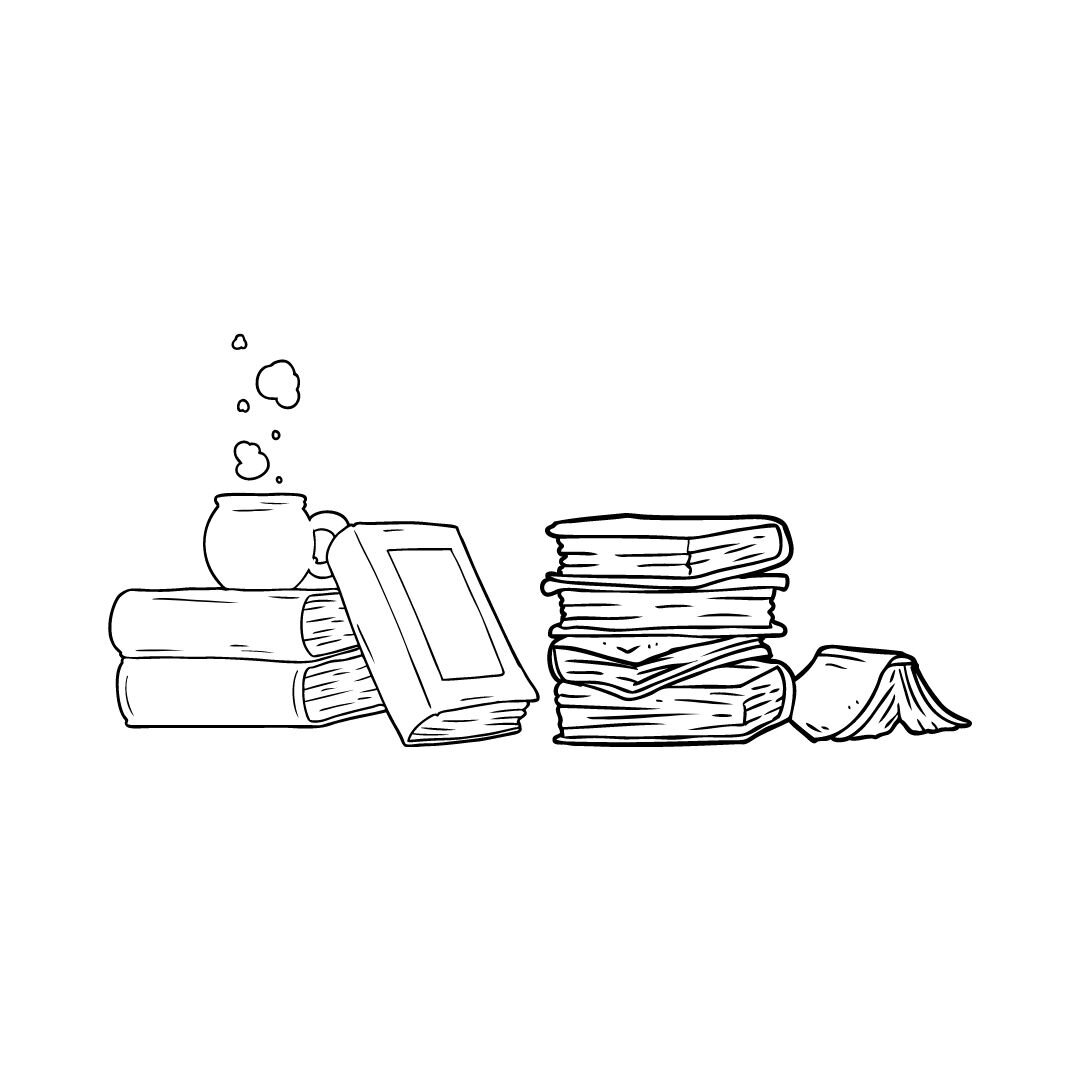
Reference your sources properly.
How can you ensure that the information you’re writing is reasonably reliable?
-
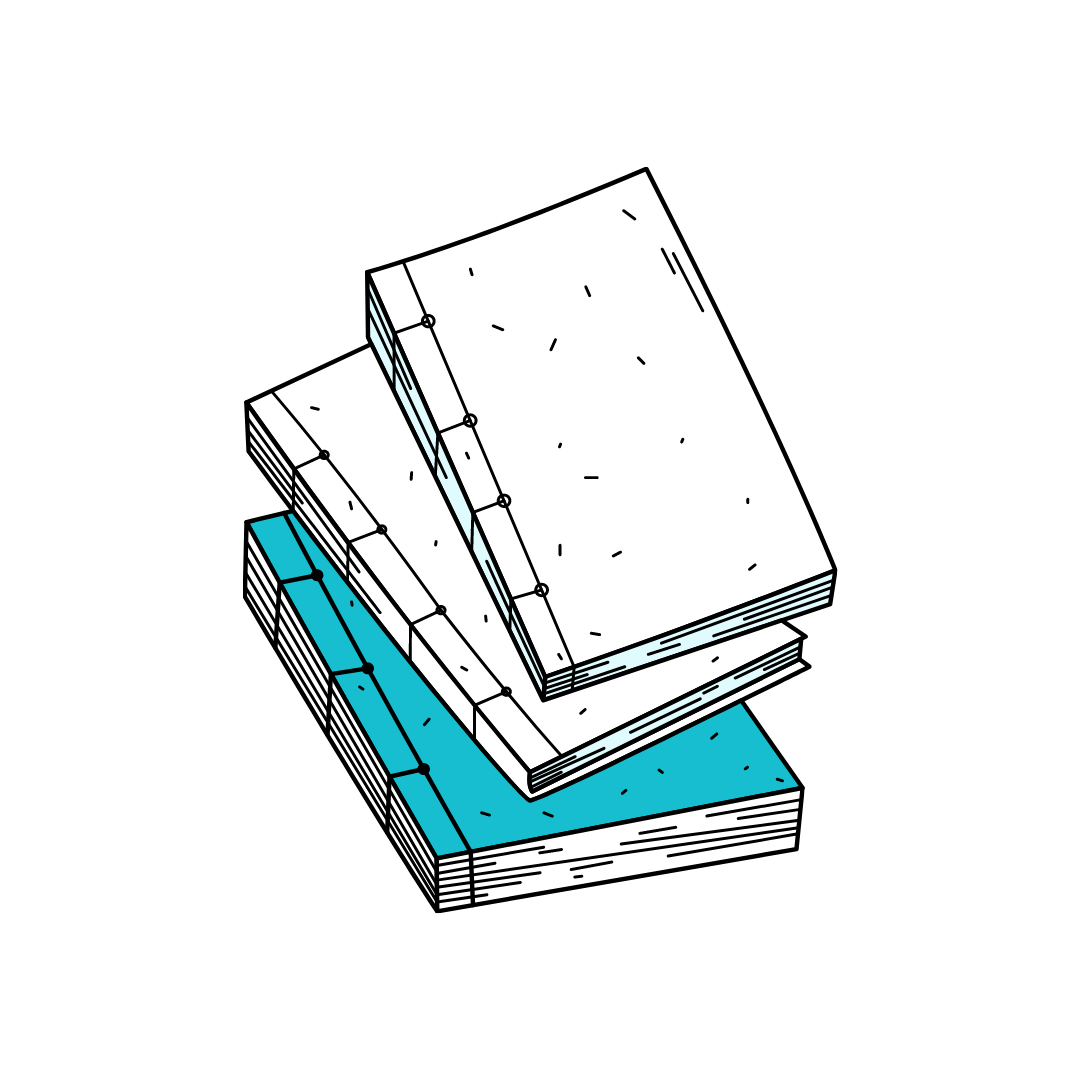
I have an idea!
An ideas notebook has held me in good stead all these years. Every time I had a brainwave, which always happens at odd times, I recorded it in the ideas notebook.
-

First Drafts Are Allowed to Be Shitty.
Don’t be disheartened if you don’t get it first time right
-

Mapping your story saves a ton of time!
I outline a story before I write it. Many writers do this. It helps you focus on what you want to write and stick to it throughout the piece.
-
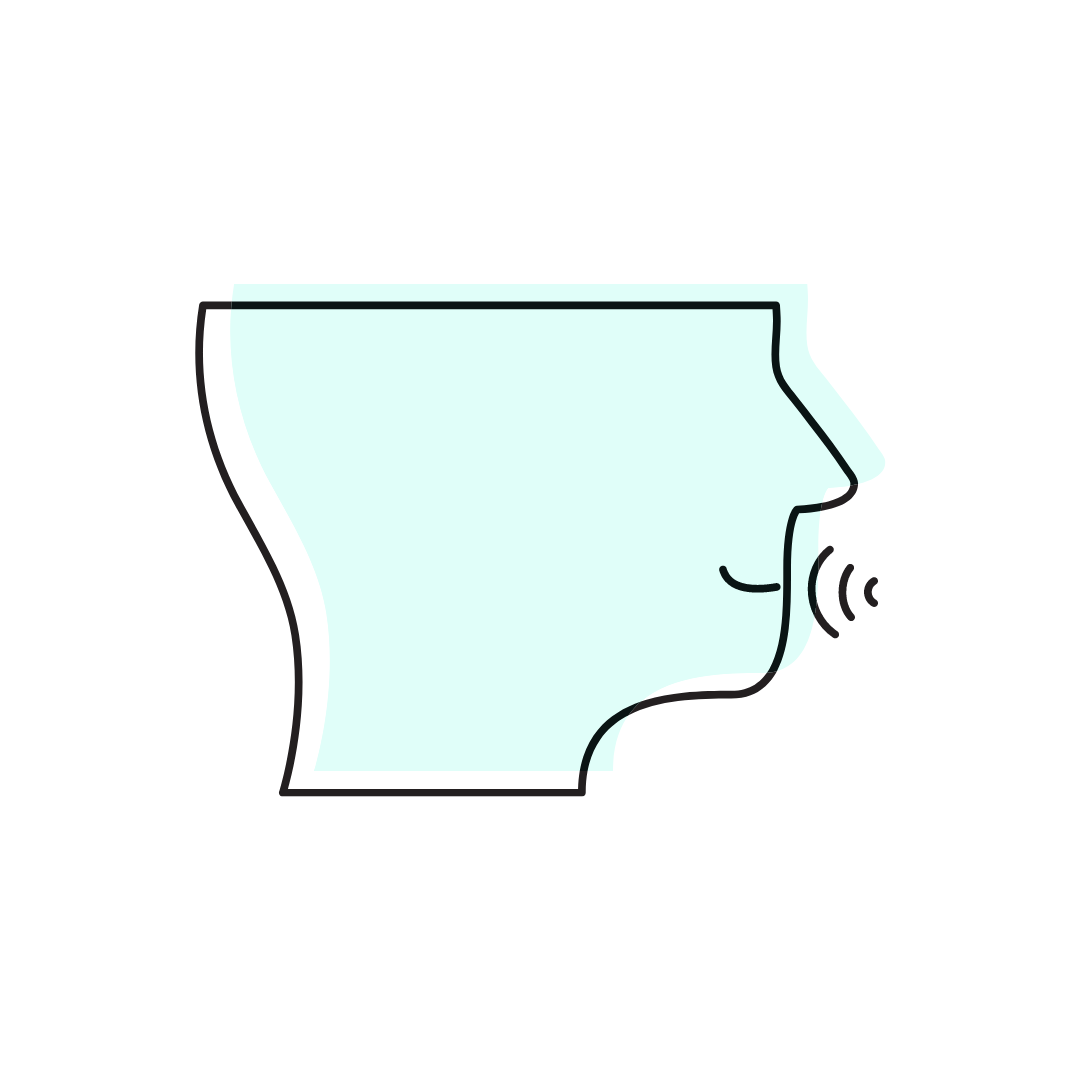
Use text-to-speech.
Having someone read out your words to you is a fantastic way to see what you might not while reading.
-
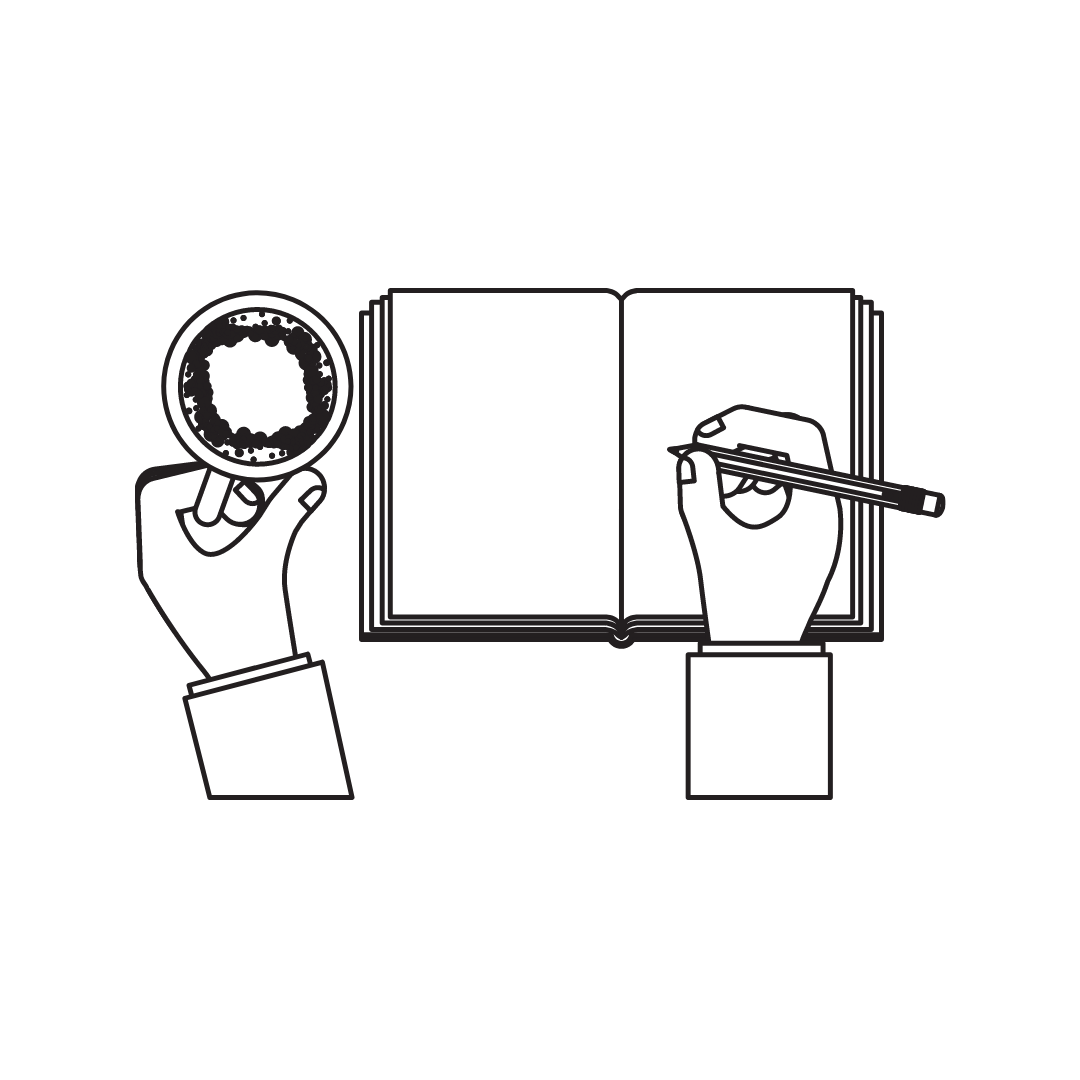
Literary devices.
If there is a trick you use in your writing, there’s likely a name for that.
-
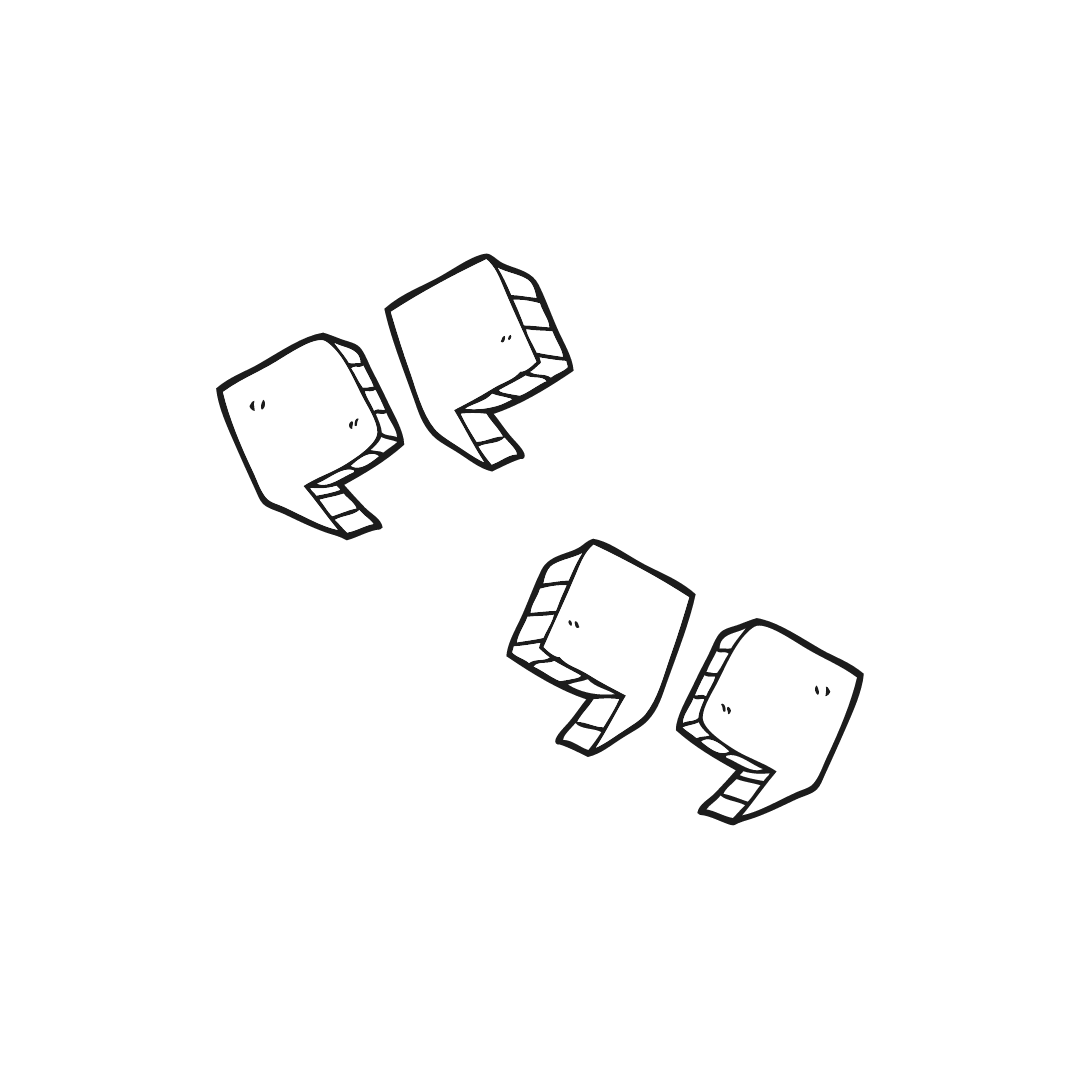
.,! — We need some space.
I’ve long held that there are two kinds of people in the world — those that use punctuation out of place in texts and those who don’t.
-

What would you do differently?
If you don’t like a piece of writing, rewrite it.
-
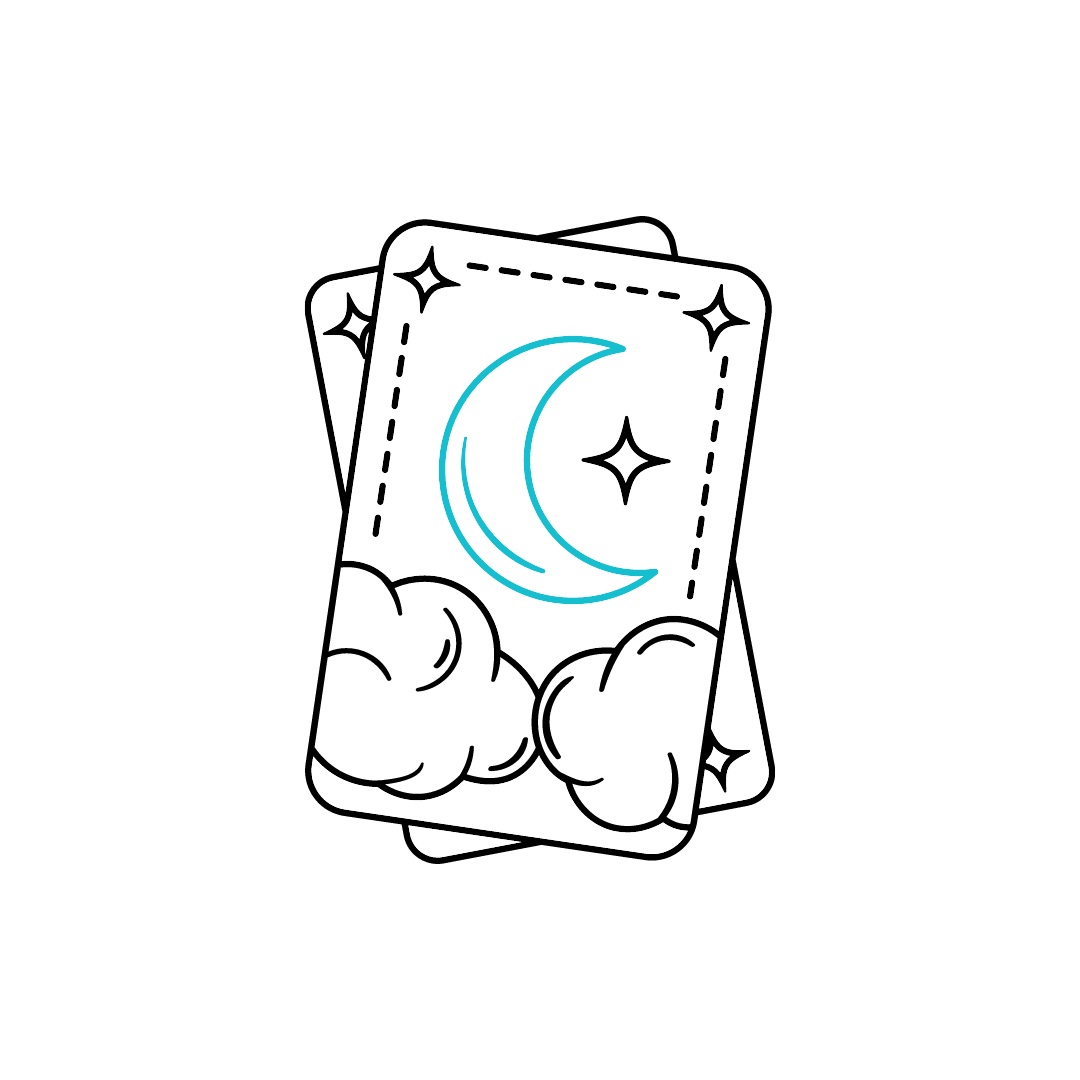
When you’re scared, write on spec.
Sometimes, writing can be scary and paralysing. On those days, try writing on spec. We’ll see.
-

Keep a Tab on Your Tabs.
If you open up a lot of tabs as part of your *research*, here are some tricks from Neeru.
-
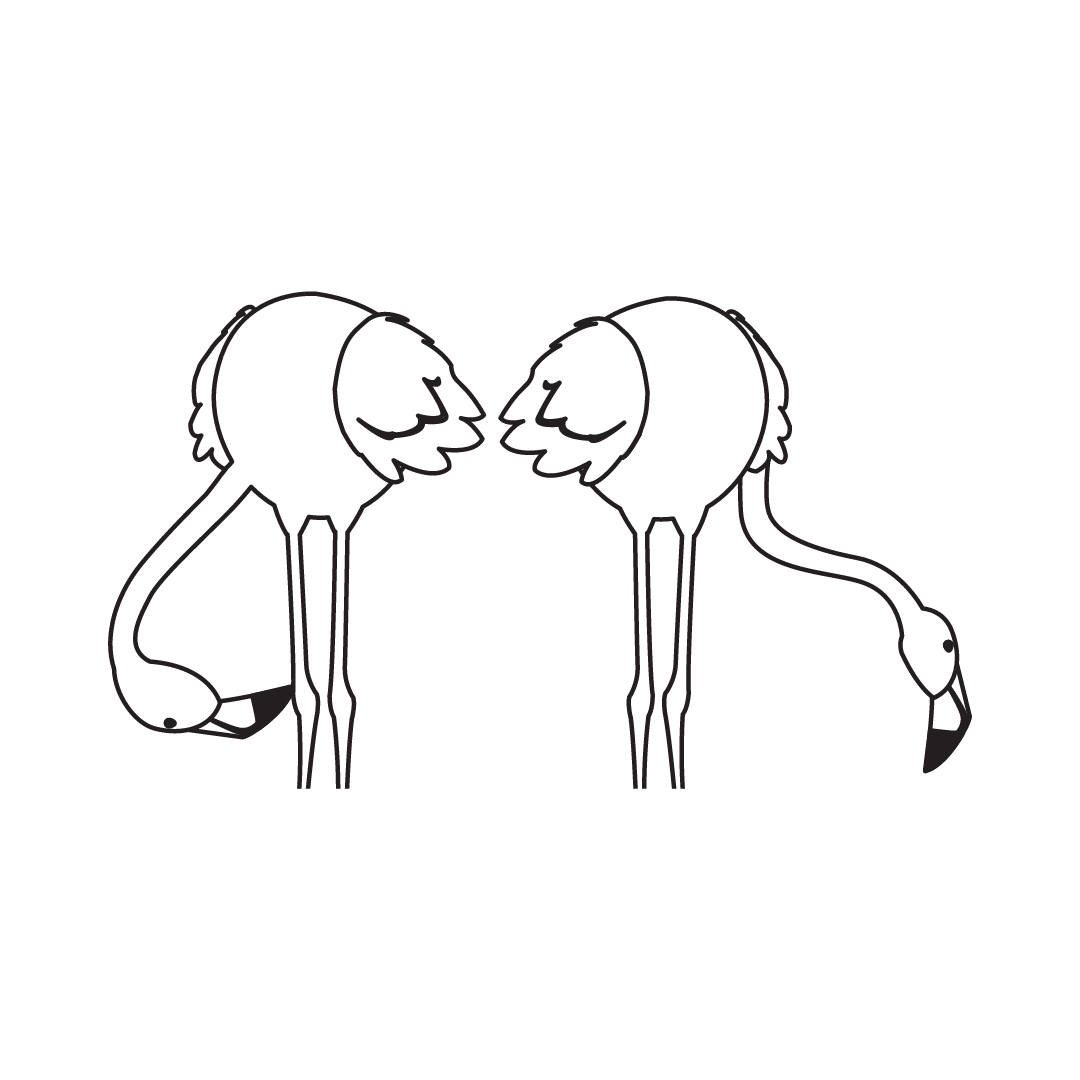
There are two kinds of writers.
Guess which kind of writer is the better one?
-
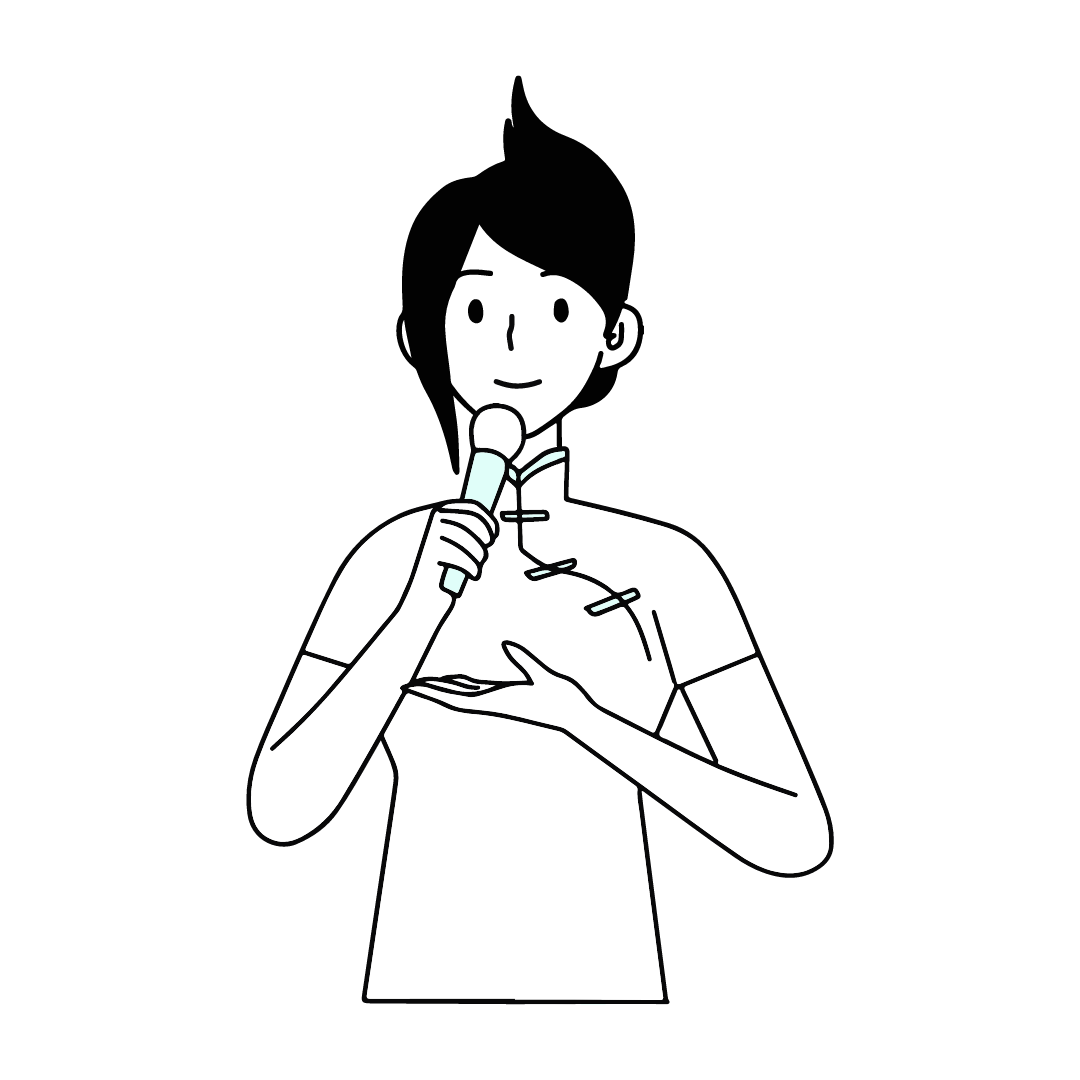
You really shouldn’t take writing advice from me.
But here it is anyway.
Read more — about You really shouldn’t take writing advice from me.
-
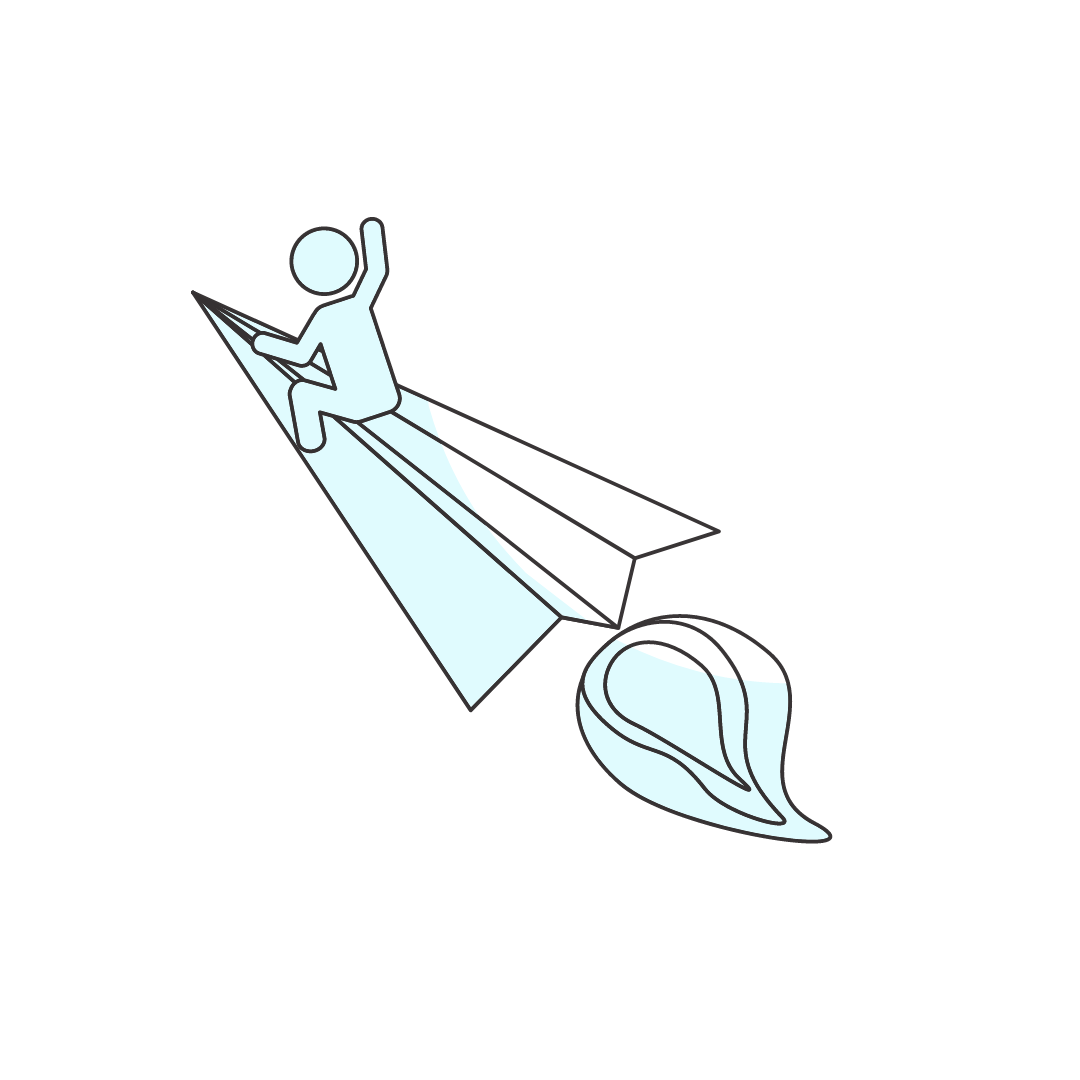
Let us get it clear.
Reading a thousand words that doesn’t convey anything is a waste of the reader’s time. Writing it is a waste of yours. Get better.
-
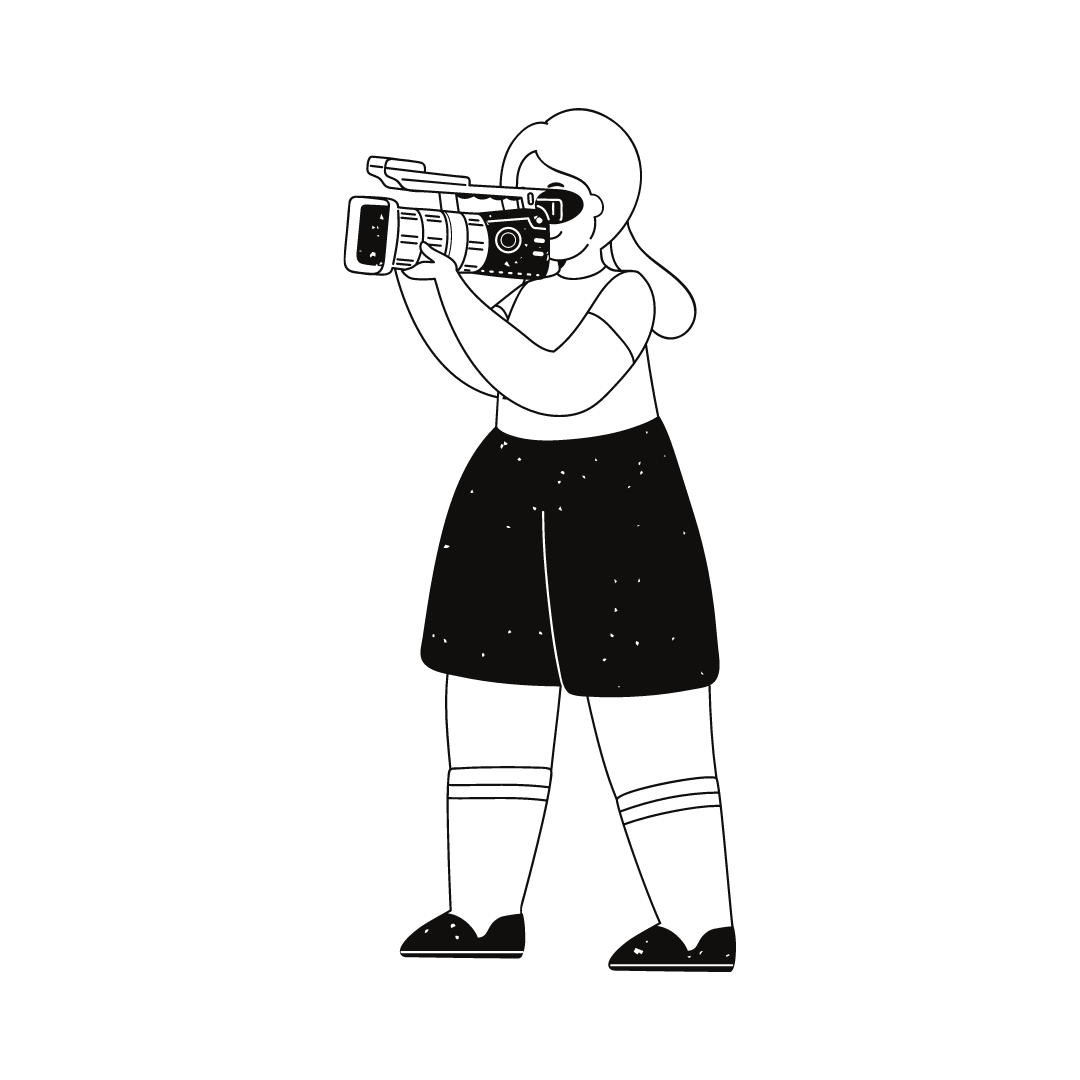
How to interview a film star.
Some not-so-obvious tips to having meaningful conversation and not a gushing session
-

A simple potion that cures my writer’s block.
One way to unblock whatever’s stopping the flow between you and your ideas.
Read more — about A simple potion that cures my writer’s block.
-
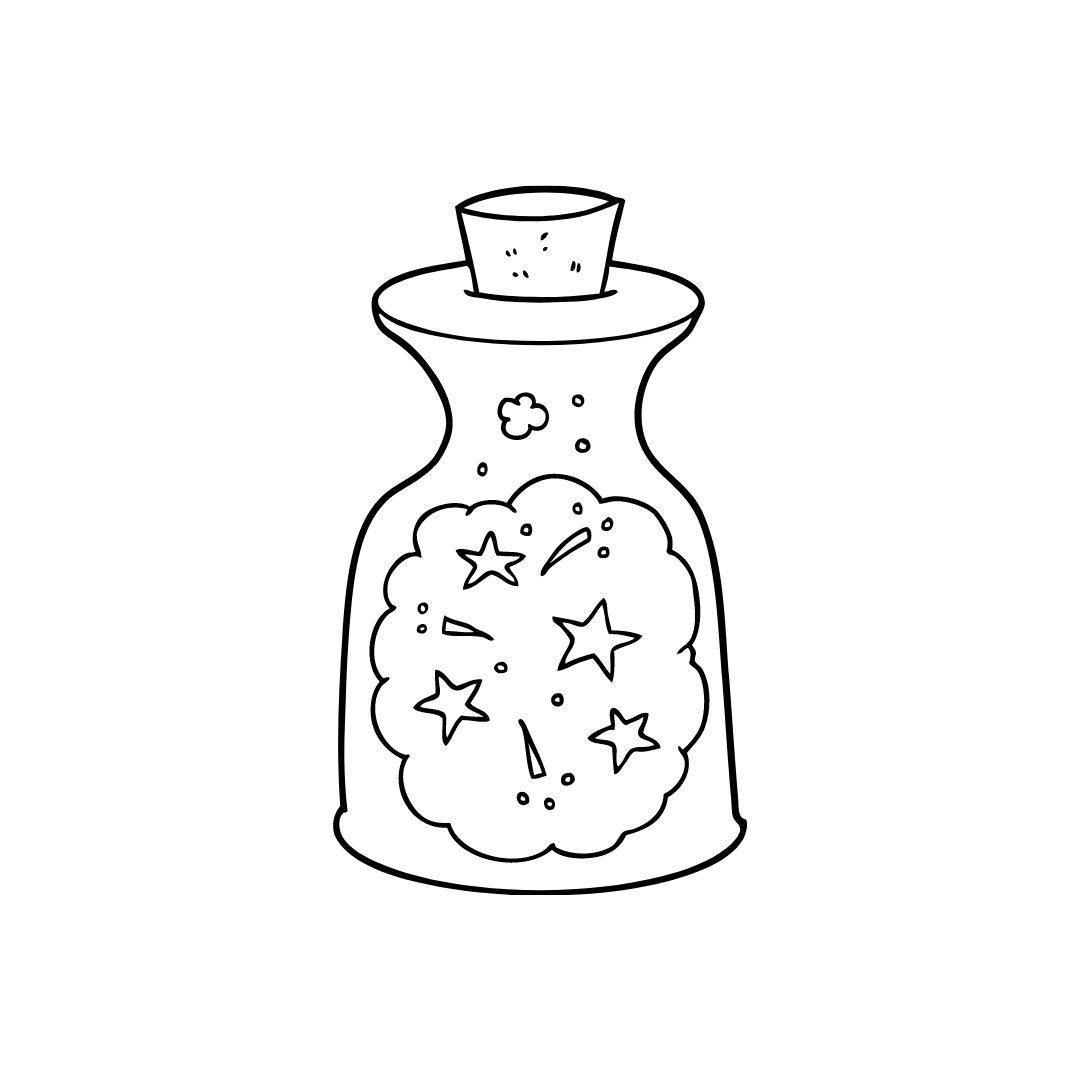
One remarkable thing about everything.
That’s all it takes it takes to make a piece of writing you’re proud of.
-

You know you don’t have to reply to every email immediately, right?
May be if you realised that you don’t owe anyone an immediate answer, you’ll stop working out of your inbox?
Read more — about You know you don’t have to reply to every email immediately, right?
-
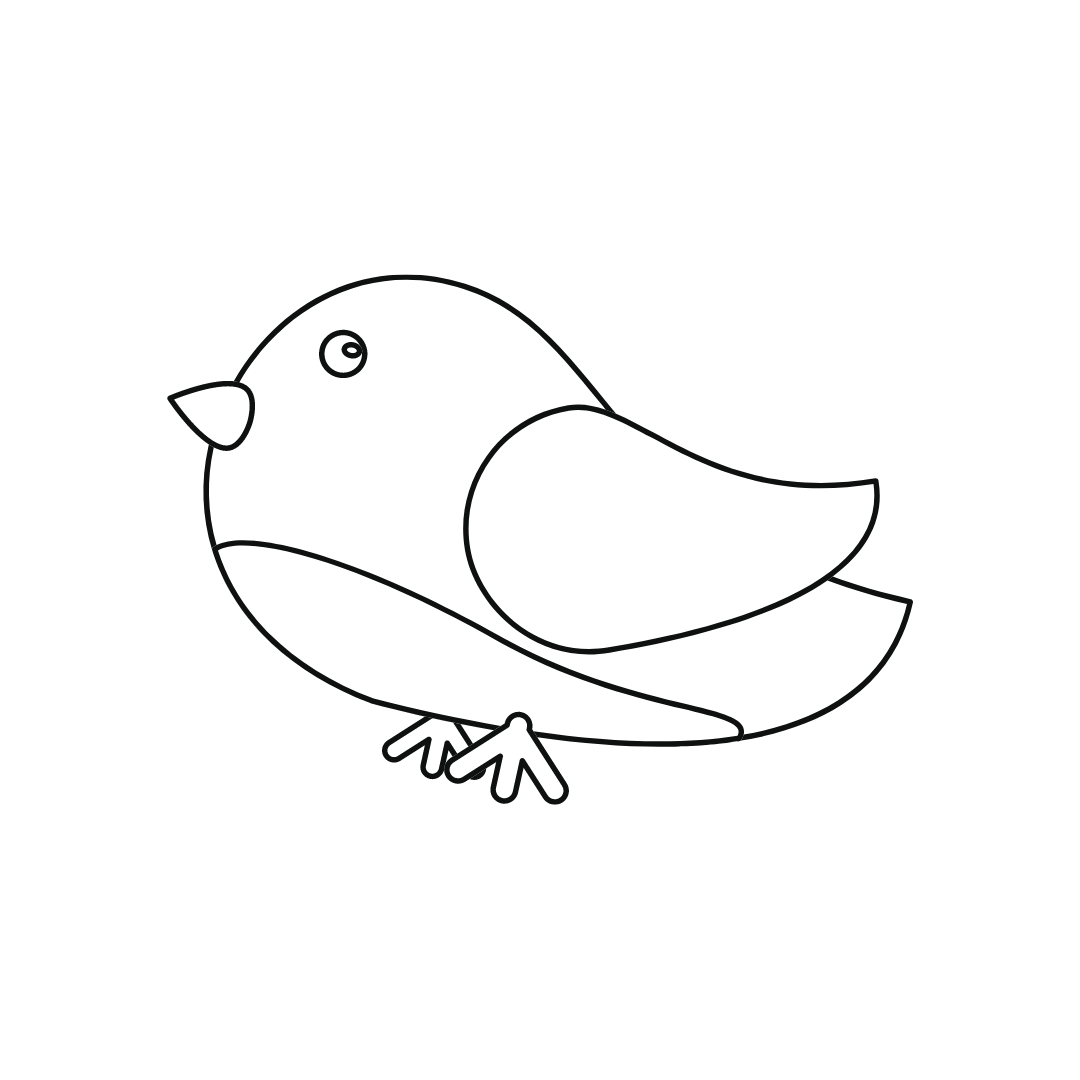
How Twitter banter helped find my voice.
Apparently, Twitter me is more the real me.
-
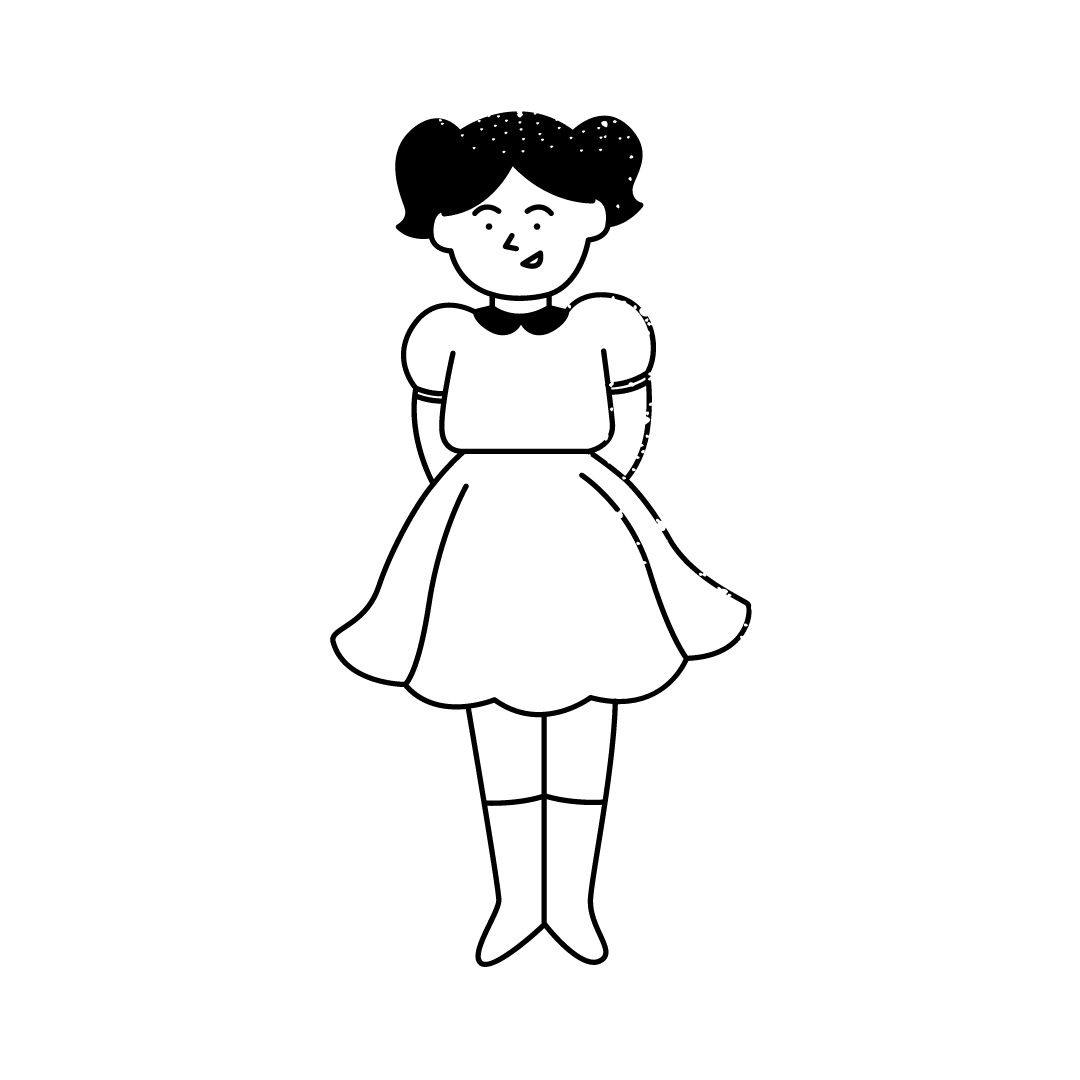
I’m embarrassed about my past work.
If you feel embarrassed about the work you’ve done in the past, maybe that’s a good thing?
-
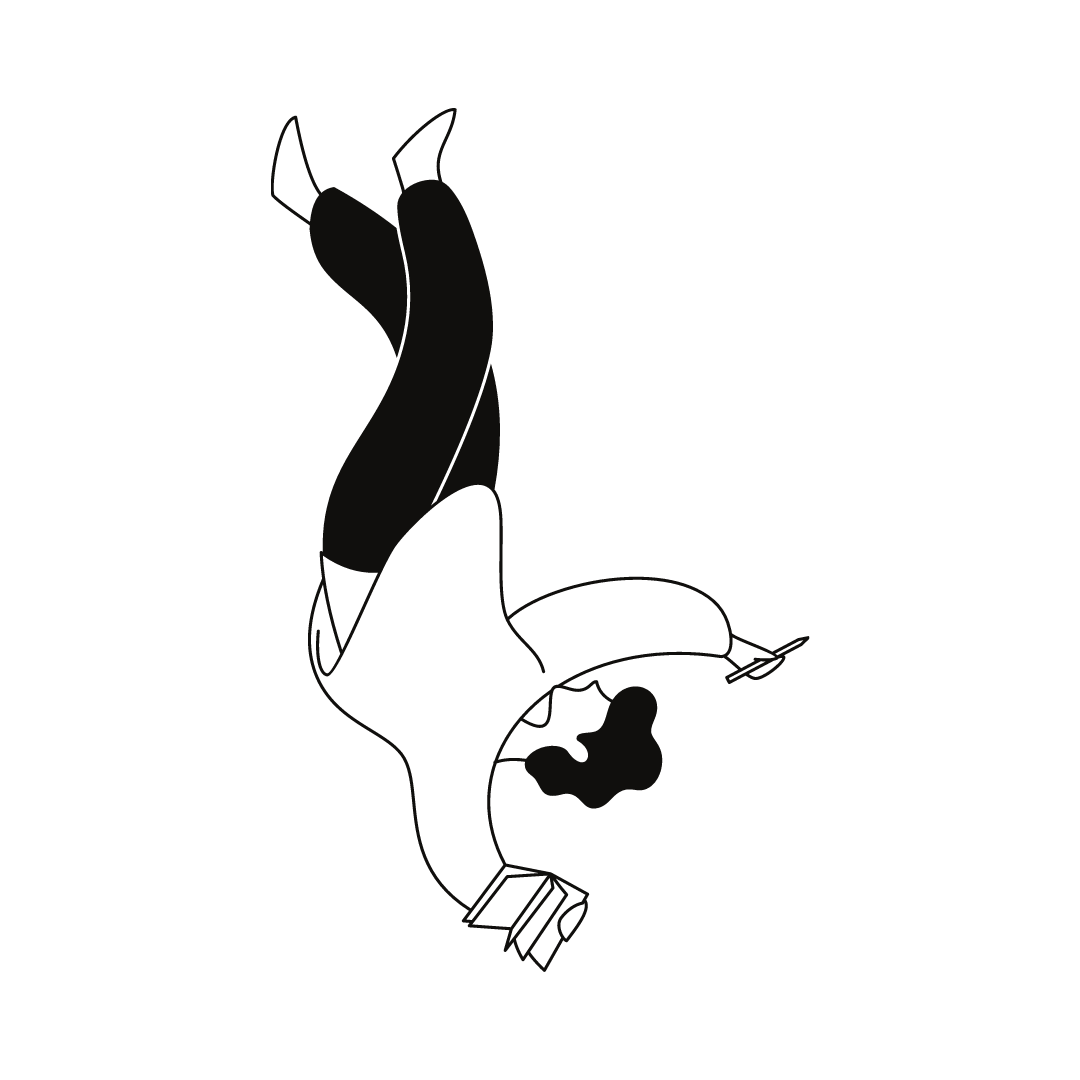
Use Writing to Explore Your Confusion/Trauma.
Writing is not just about expression. Use it to come to terms with yourself.
Read more — about Use Writing to Explore Your Confusion/Trauma.
-

A Lesson from Fiction: Character, Conflict, Stakes.
Ranjani calls it “flair.” I call it “persuasion.” Either way, anything you write needs to keep the reader reading to the end.
Read more — about A Lesson from Fiction: Character, Conflict, Stakes.
-
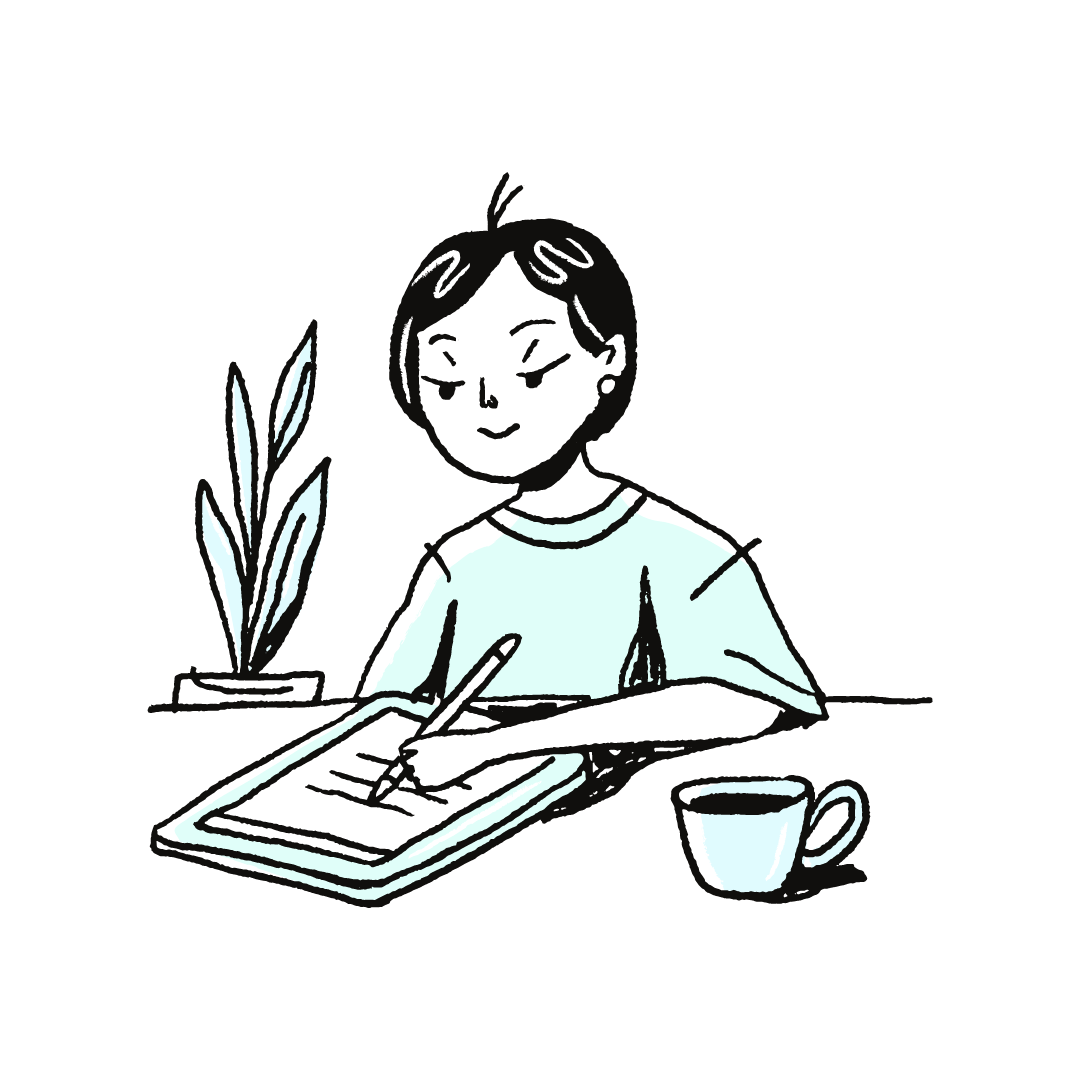
30 Days To Writing Better.
Honing your writing is essential if you are a full-time novelist. It’s also important if you’re not.
-

Keep some boredom buffer.
Allow yourself to be bored. Leave your brain awake and unaffected.
-

Keep a lessons file.
Stop repeating your mistakes. Keeps a lessons file.
-

Build Yourself A Writing Process.
If you’re a professional writer, you’ll need to wake up 5 days a week and write on the clock. Having a process like this can be immensely helpful.
-

Looking at murder differently.
I read (and watch) a lot of murder mysteries. And I’m always fascinated by the novelty authors bring into a genre that is so old and so overdone. The recent find is Keigo Higashino’s Newcomer. The author, known for his fiendish twists and the darkest darkness of humanity, takes a different route. He writes a murder mystery
-

How to write well without taking too much time?
You are asking for alchemy, my friend.
Read more — about How to write well without taking too much time?
-
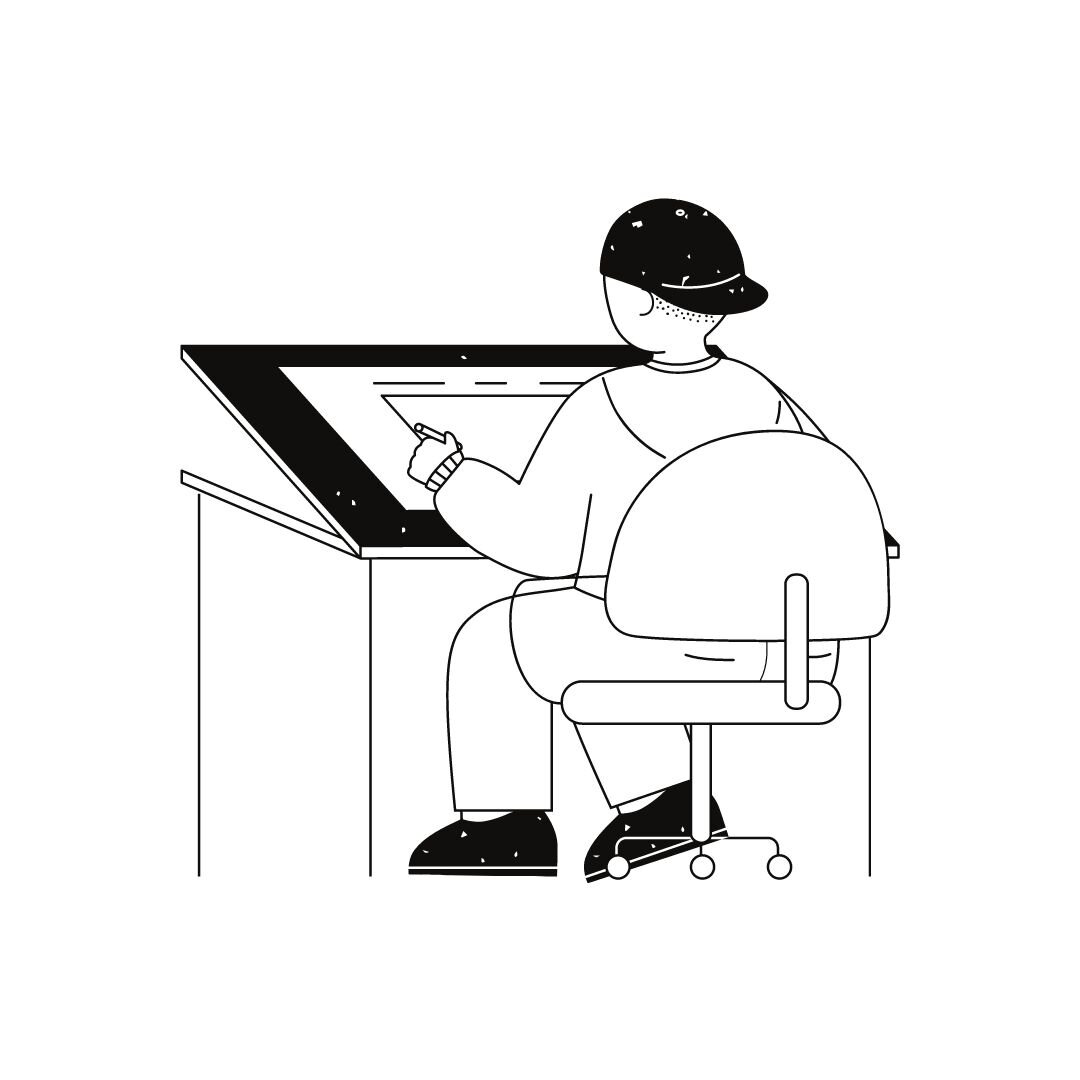
Do you have frameworks and are you documenting them?
As a freelancer, it’s crucial to have thorough documentation for your frameworks, because they define the way we do work.
Read more — about Do you have frameworks and are you documenting them?
-

Difference between understanding feedback and applying it.
We talk a lot about giving and taking feedback. There is enough literature about this in the world. In the last month I realised that there is something far more important than giving and taking feedback: Applying it.
Read more — about Difference between understanding feedback and applying it.
-

Be stylish. Consistently.
Do you have a home style? As in, do you have a consistent way in which all your deliverables look/feel?
-

Don’t use a word more than once in a sentence.
This is a very basic writing tip. Don’t use the same word more than once in a sentence (or even a paragraph) — unless that is the point.
Read more — about Don’t use a word more than once in a sentence.
-

Do you resolve reviewer comments?
Many writers resolve reviewer comments, which is inefficient. It assumes you’ve resolved it. But you can’t decide that; the reviewer should.
-
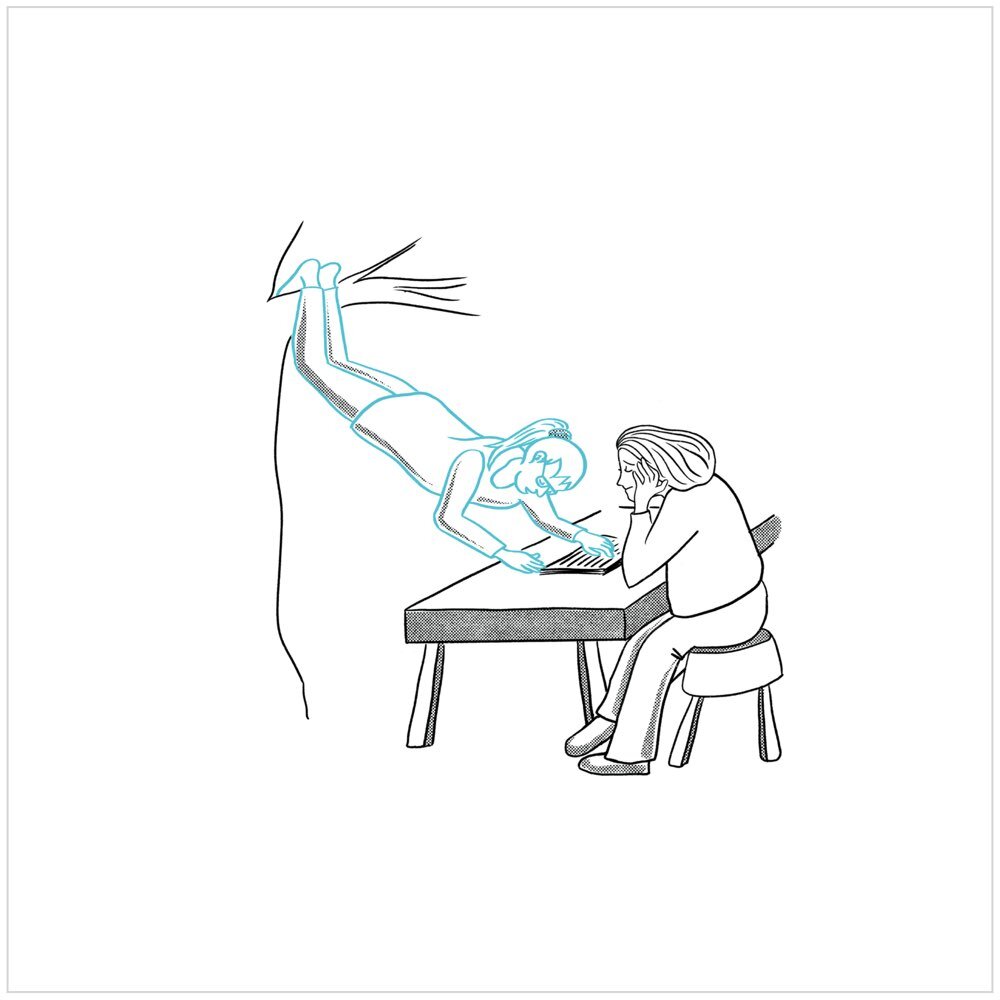
When you can’t gauge your own work, ask someone else to look at it.
Just show your work and ask for an opinion.
Read more — about When you can’t gauge your own work, ask someone else to look at it.
-
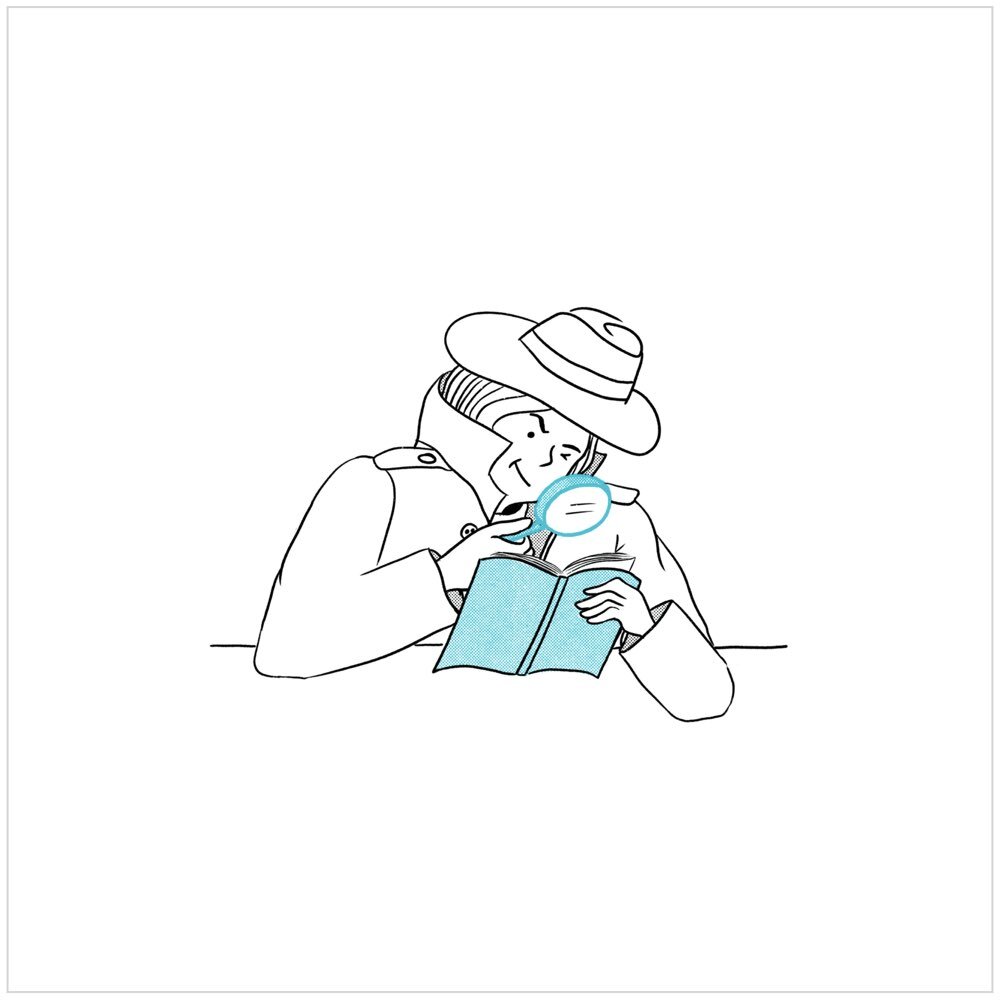
Critical reading for better writing.
Sample for critical reading from Oyinkan Braithwaite’s My Sister, The Serial Killer.